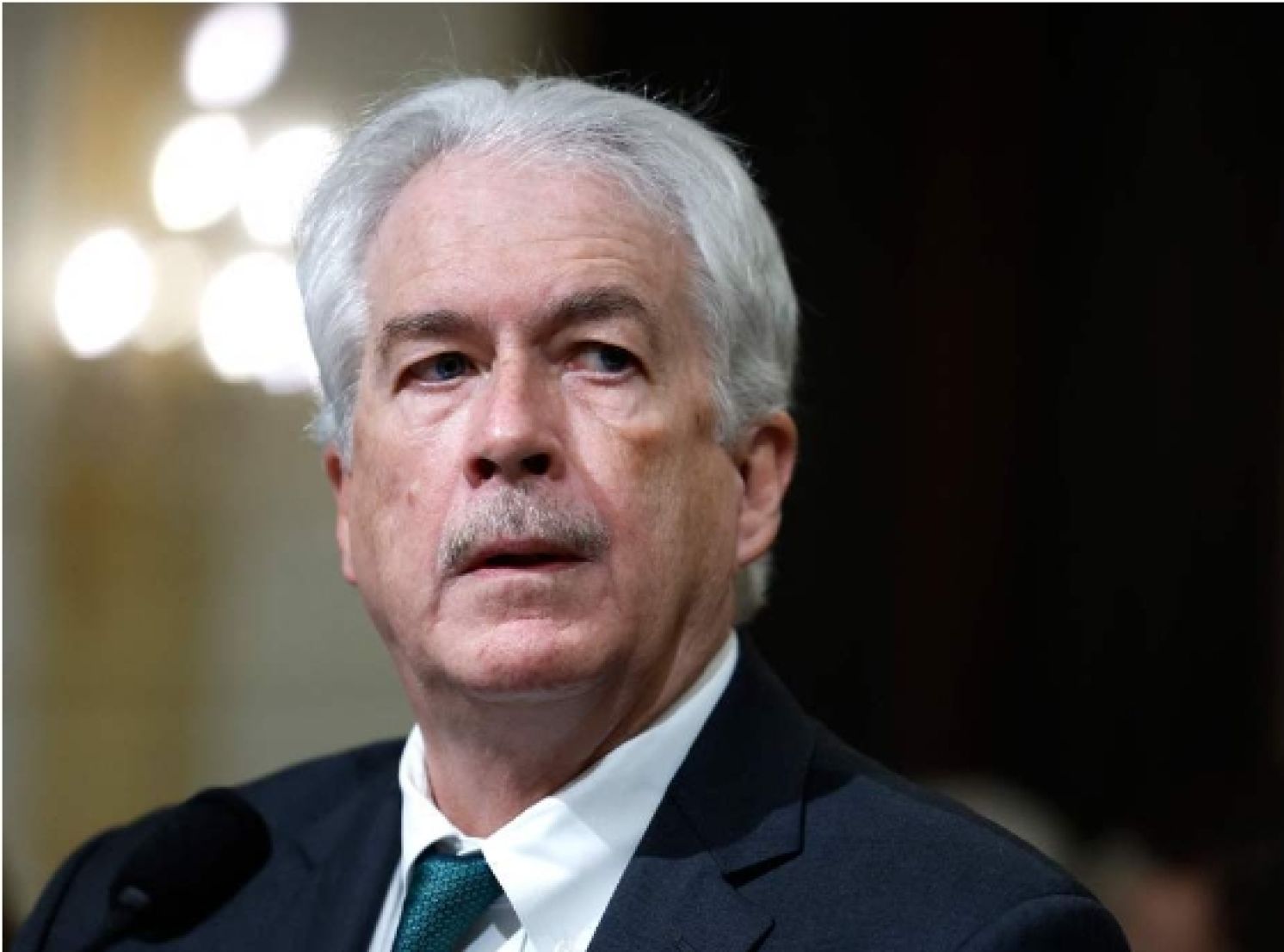
This Week in Taiwan 0414-0420
April 13: A judge from the Taipei Shilin District Court committed suicide due to work pressure, highlighting the long-standing problem of judges facing increasing caseloads and stricter evaluations. In response, judges across Taiwan expressed their condolences, marking the first collective mourning event for judges in Taiwan.
The judge community criticized President Hsu Tsung-li of the Judicial Yuan for failing to adequately address the increasing judge workloads and even called for his resignation.
April 16: Premier-designate Cho Jung-tai announced economic and financial cabinet members, many of whom come from industry. However, there is controversy surrounding the appointment of J.W. Kuo as Minister of Economic Affairs. Kuo was previously found guilty of violating the Securities and Exchange Act while serving as chairman of TOPCO Scientific Company; the company was also named by Bloomberg last year for setting up wafer fabs in mainland China, raising concerns.
April 16: The personnel appointments for President-elect William Lai's national security team have not been officially announced. However, during a meeting with visitors, President Tsai Ing-wen inadvertently confirmed that Secretary-General Lin Chia-lung of the Office of the President will serve as Minister of Foreign Affairs; current Foreign Minister Joseph Wu will serve as secretary-general of the National Security Council. This move is seen as a demonstration of President Tsai's continued influence in foreign policy.
According to party and government officials, President Tsai misunderstood that the two personnel appointments had been announced.
April 16: Huang Shu-kuang, the head of the indigenous submarine construction project, submitted his resignation to President Tsai. In his resignation statement, Huang cited physical and mental exhaustion as the reason for his resignation, emphasizing that it was unrelated to political factors. The Office of the President has yet to respond, but the Ministry of National Defense stated that the project team will not be disbanded, and progress will continue unaffected.
April 18: The Taiwan Power Company (Taipower) experienced multiple critical generator failures on April 15, nearly causing a large-scale power outage in northern Taiwan. Taipower urgently purchased electricity at three times the normal price from major consumers to prevent blackouts. Although Taoyuan City has been experiencing consecutive three-day power outages, affecting more than 30,000, Taipower claims to have resolved the issues. Opposition lawmakers warn that the power shortage may worsen this summer, urging the government to reconsider extending the operation of the second and third nuclear power plants.
April 18: The Taiwan Semiconductor Manufacturing Company (TSMC) held its investors conference. Despite revising down its annual semiconductor output estimate, TSMC President C. C. Wei cited news about the strong demand for AI servers and AI accelerators. By 2028, the growth momentum of AI-related chips will increase at a compound annual growth rate of 50 percent and will account for more than 20 percent of TSMC's revenue by then.
April 19: Mainland China's Civil Aviation Administration unexpectedly announced the activation of the M508 connecting route. The Taiwan Affairs Office (TAO) of the mainland's State Council stated that this move would alleviate flight growth pressure and benefit people on both sides of the Taiwan Strait. On the same day, the mainland's Ministry of Commerce determined that "polycarbonate" originating from Taiwan will be subject to anti-dumping duties of up to 22.4 percent. Taiwan promptly lodged a protest. According to scholars, Beijing will continue to exert pressure on Taiwan before Lai's inauguration.
April 19: During his speech at the Forum on Leadership: The Call of Freedom, Director William Burns of the Central Intelligence Agency (CIA) mentioned that Chinese President Xi Jinping is determined to control Taiwan during his political career. The United States must take his ambitions seriously.
April 21: The United States House of Representatives passed a $95 billion aid package for Israel, Ukraine, and Taiwan with bipartisan support. The package will be sent to the Senate for a vote on April 23.
The House voted 385 to 34 to pass the $8.12 billion Indo-Pacific Security Supplemental bill, which includes $2 billion in military funding for Taiwan and other major allies to supplement the $1.9 billion defense supplies and services provided to Taiwan and regional partners.